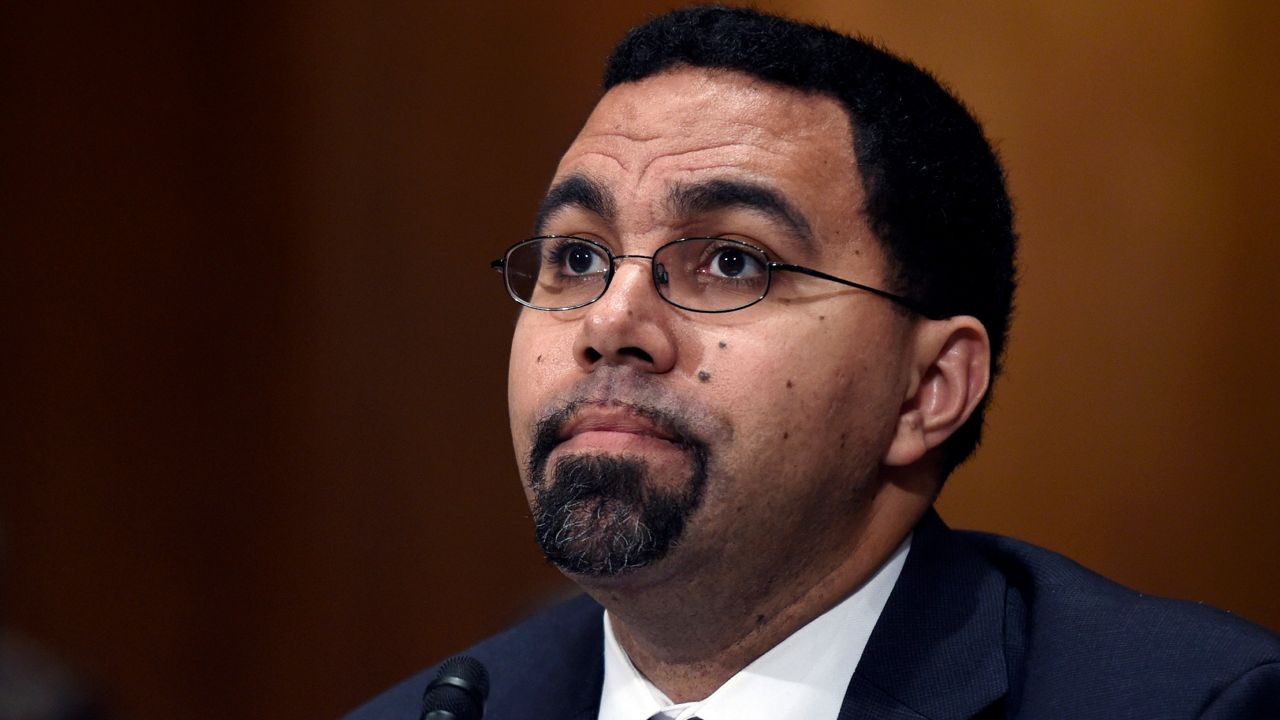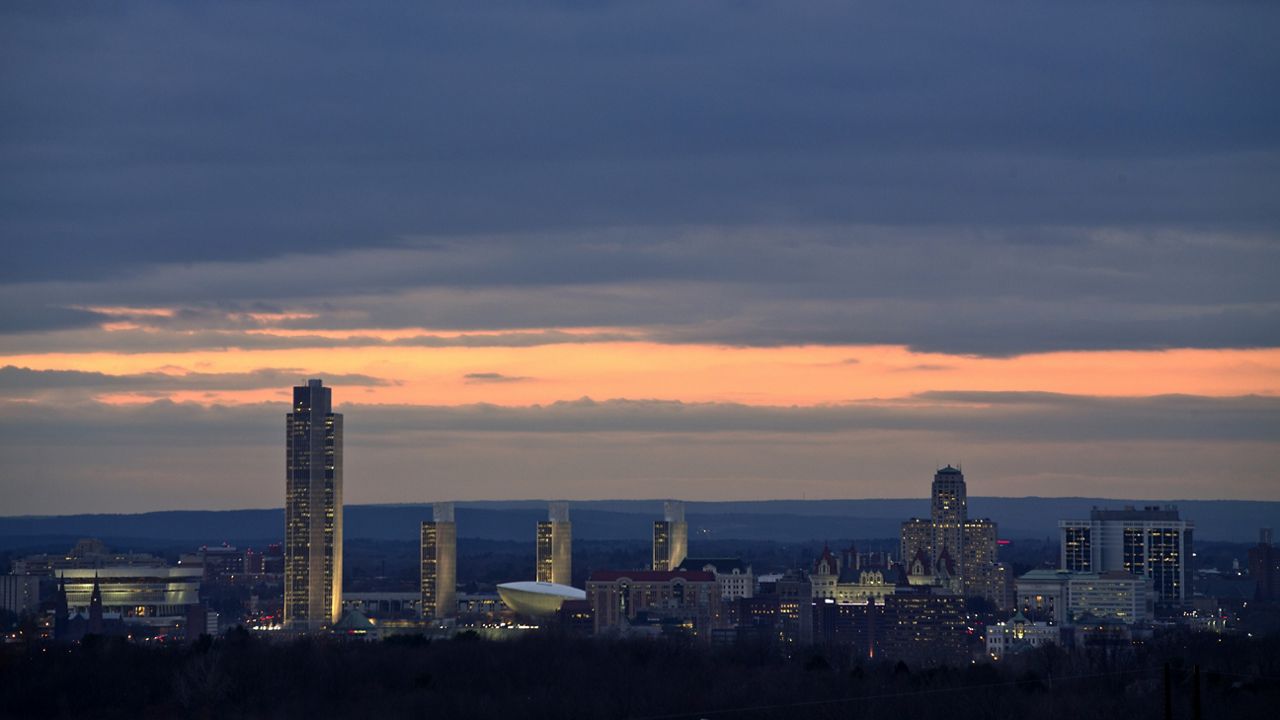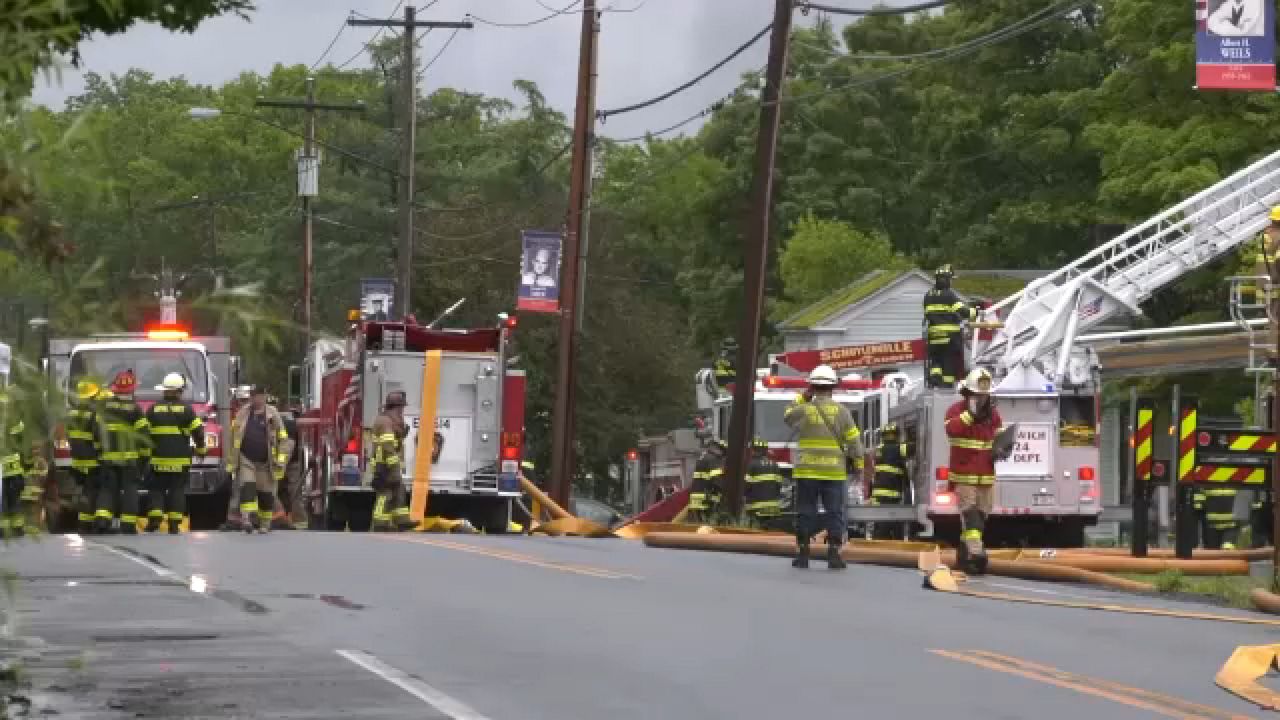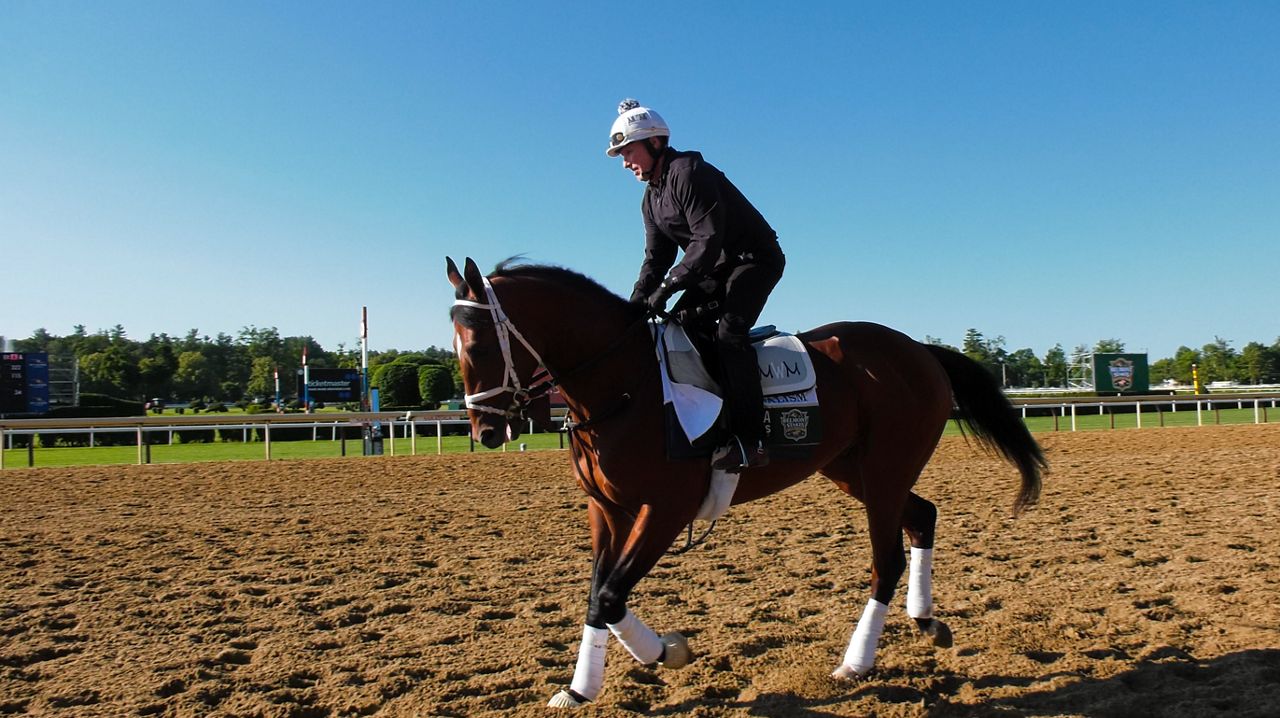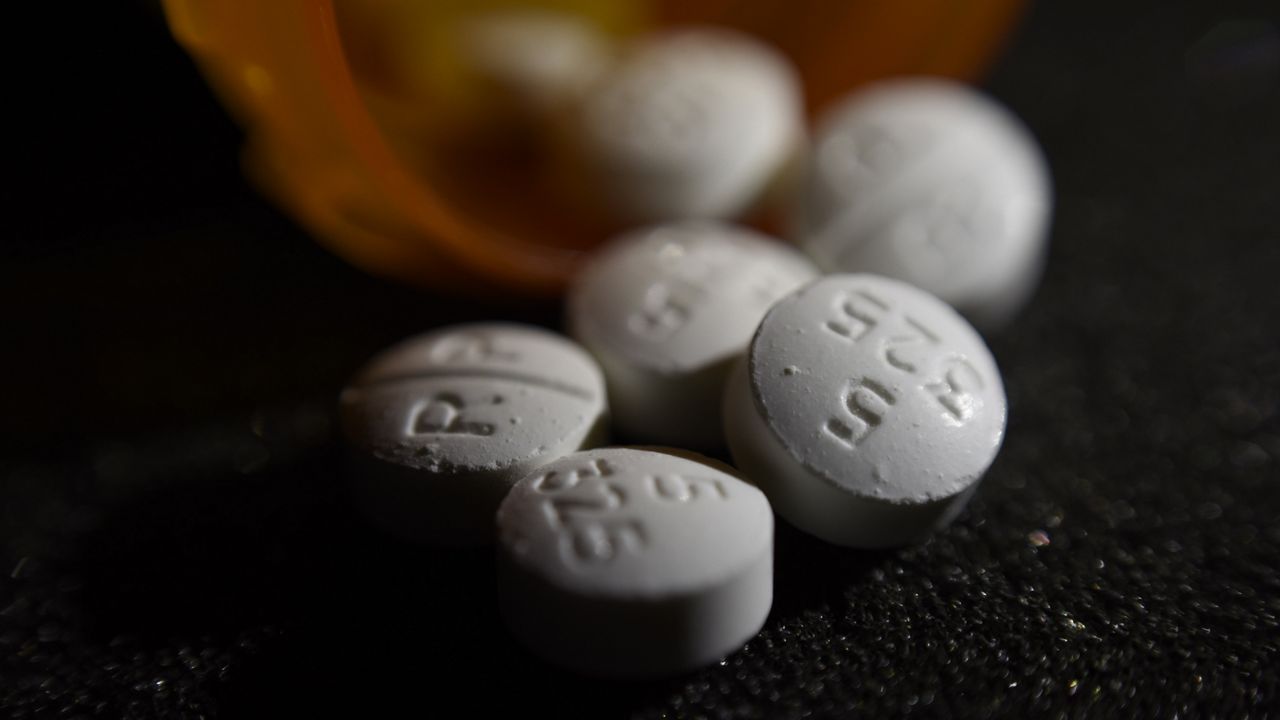In the last three years, FoodScraps360 has collected 1.3 million pounds of food scraps and turned it into compost.
As a driver for the small business, Marrow Brooks knows a little can go a long way.
"I think this country has a very significant problem in how we handle our waste and I think a good way to start remedying that is by composting instead of sending all of our food scraps to a landfill," said Brooks.
The composting service collects unused food from households, restaurants and schools and diverts it to a nearby compost facility, including anything from fruit and vegetable peels, coffee grounds, eggshells, bread, pasta and rice to yard trimmings and paper products.
"They get regularly turned and over 90 days, it becomes potent compost for your garden," said Brooks.
Rooted & Rind has been using the service since the cafe opened three years ago.
Thirty to fifty pounds of their food scraps are turned into compost each week, eventually ending up in their plants and used to grow the food they serve.
"It means everything to me to be able to prevent more destruction to our planet," said owner Nicole Rice. "Not to be dramatic, but throughout my life, I've worked in restaurants, catering, that sort of thing, and it's actually kind of criminal how much food that is wasted and ends up in landfills, especially when there's a lot of people that don't have food to eat."
With new laws coming into effect January 2026, New York state businesses and institutions with more than 1 ton of food waste and within 50 miles of a compost facility will be required to participate in composting.
FoodScraps360 owner Diana Wright is prepping for the upcoming need.
She’s expanding with a third truck she was able to purchase with a Building Improvement Grant (BIG Program Award). The program was administered by the City of Albany’s economic development organization Capitalize Albany Corporation and was made possible through the city’s federal American Rescue Plan Act funding process.
"Landfills are closing all over the place because they're getting full," she said, and 30% of what goes into a landfill is organic stuff. I don't want to call it waste. Everybody calls it waste. It's not waste. We have to change what we think about it. And it's actually a resource."
The "360" in its name is for the 20-pound bag of compost customers can receive to put back into the earth.
"The planet in nature is just incredible and we're ruining it," said Wright. "I have to do something to make the world a better place.”






